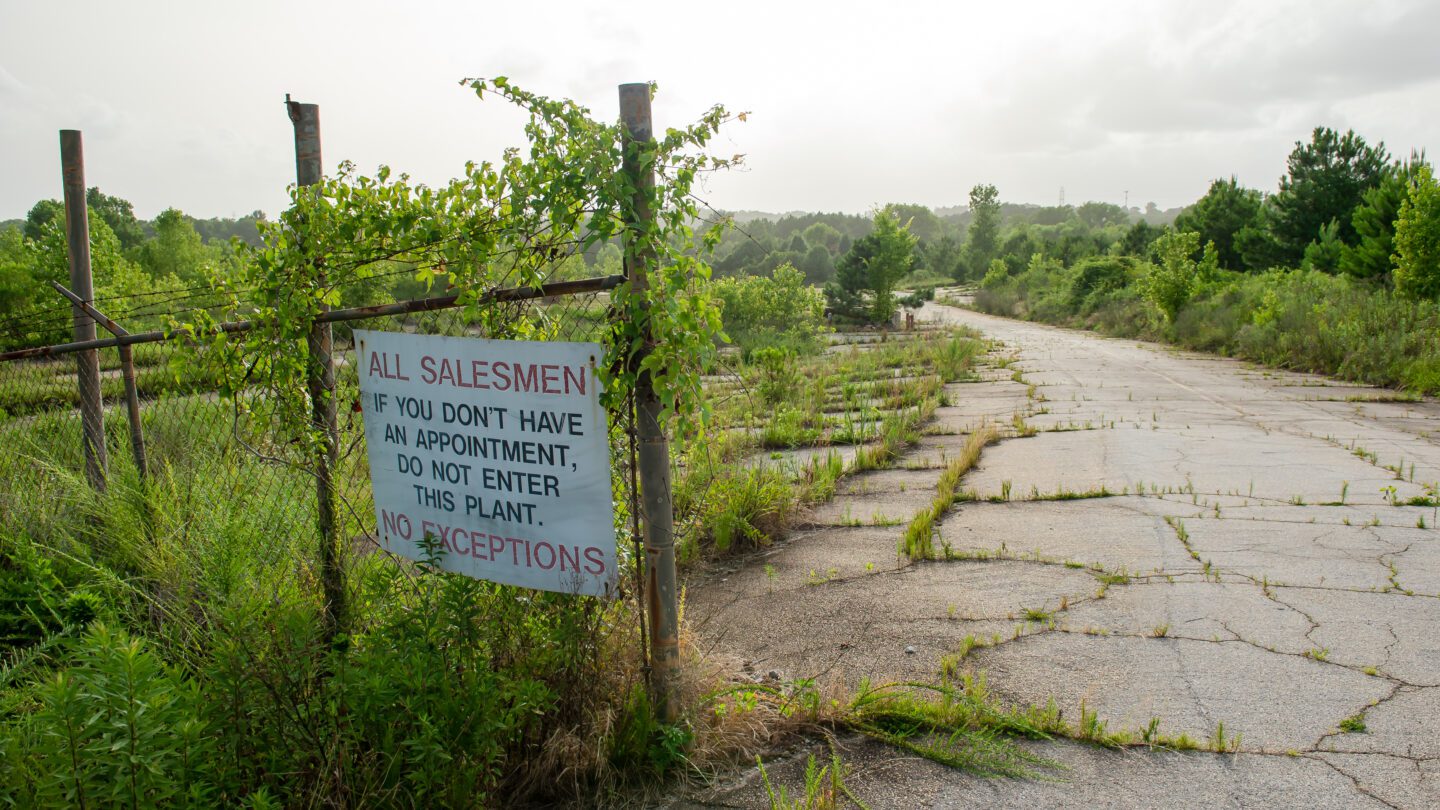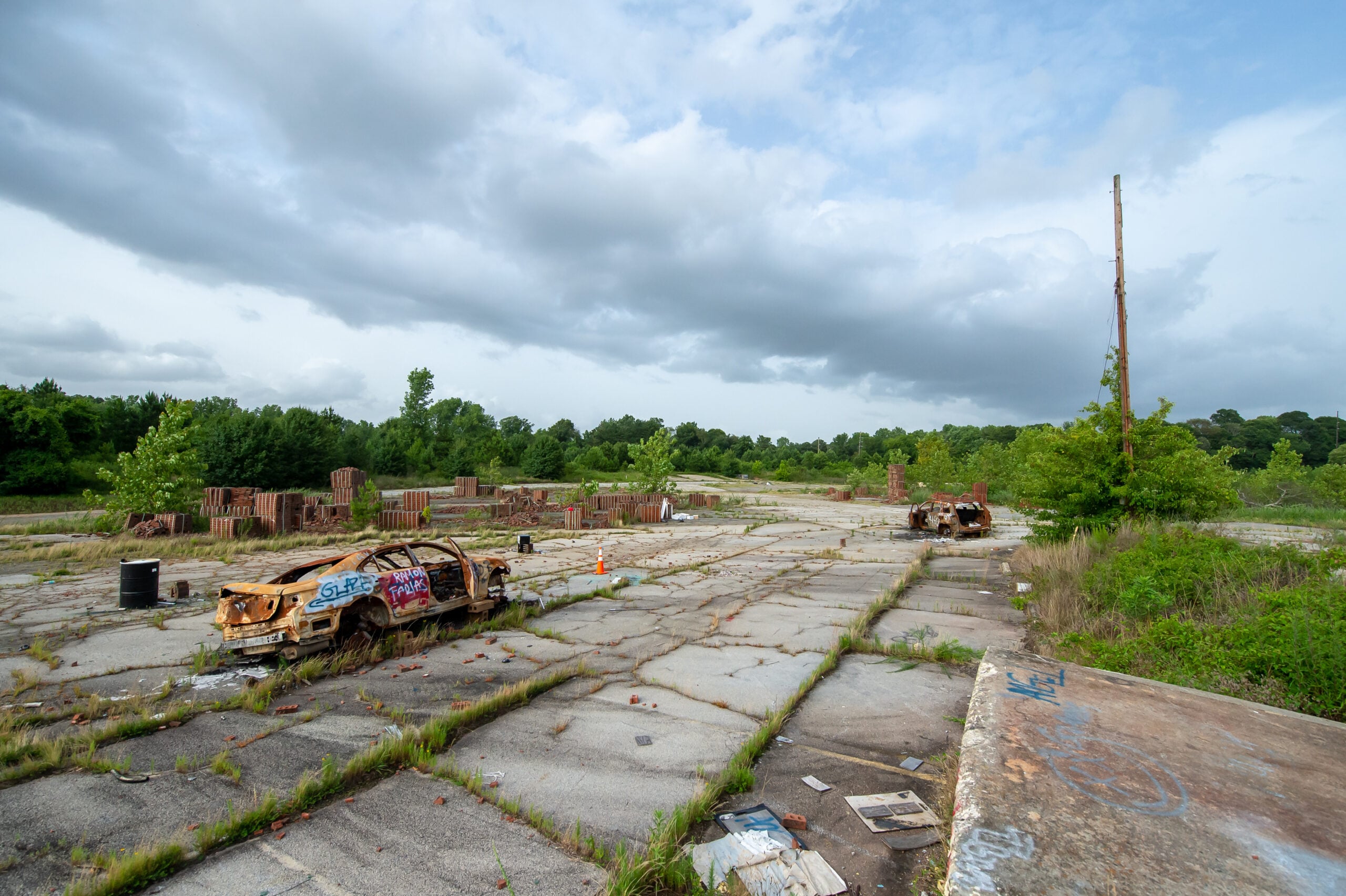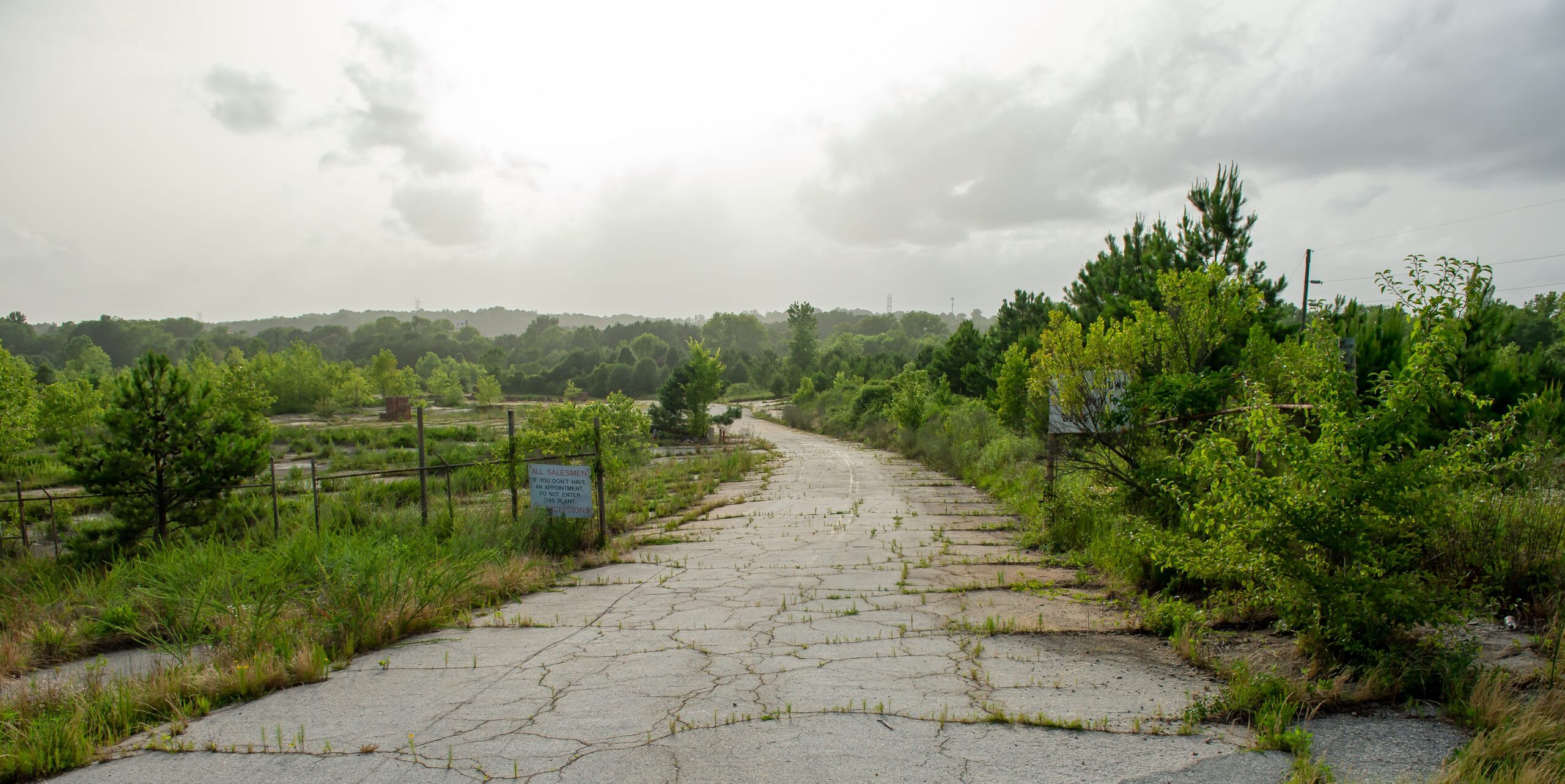An Atlanta property with a horrific past is on its way to being protected from industrial development.
The city is moving to buy the former site of the Chattahoochee Brick Company, which used forced prison labor around the turn of the 20th century.
Proposals to build a fuel shipping terminal on the property in the past few years have failed as activists have advocated to instead put a memorial there to the people who suffered under the convict leasing system. But the future of the site has still been up in the air.
On Tuesday, Mayor Keisha Lance Bottoms announced that she had put forth legislation for the city to buy the property.
“It is our responsibility to protect the sanctity of this property and honor the thousands of victims who suffered and lost their lives on this land,” Bottoms said in a news release.
The convict leasing system grew after the end of slavery as a way to extract free labor from people who were sometimes arrested for crimes — often petty ones — and then forced to work under terrible conditions.
The Chattahoochee Brick Company in Northwest Atlanta produced bricks that were used to build Atlanta buildings and homes, as its workers lived in filth and ate rotting food. Some of them died there and may have been buried on the property.
Donna Stephens, an environmental and community activist in West Atlanta, has led the years-long effort to memorialize the people who suffered at Chattahoochee Brick, which was owned by former Atlanta Mayor James English.
“It means a lot historically, culturally, environmentally, the quality of life of people around the area,” Stephens said.
There’s currently not much beyond piles of bricks at the property. But community advocates have hoped to see a memorial and a green space on the land, where Proctor Creek flows into the Chattahoochee River.
Several years ago, a fuel shipping company called Lincoln Terminal bought the land, which is zoned industrial and sits near train tracks just inside the Perimeter. Lincoln had intended to build an ethanol shipping facility there. That effort stalled after the city denied necessary permits.
But the plan for the terminal came back again last year when Atlanta-based railroad Norfolk Southern planned to lease the property from Lincoln Terminal and build the shipping facility itself. That plan also got scrapped after the City of Atlanta asked a federal agency to intervene and block the project. Norfolk Southern then voluntarily canceled it.
But even then, the future of the land wasn’t clear.
“It’s been, wait, stop and wait, stop and wait, hold your breath,” Stephens said. “Pray about it. Unanswered emails and phone calls.”
Now that the city is preparing to buy the entire property, what exactly will go there isn’t certain, but Stacy Funderburke with the Conservation Fund said that it would likely all be protected, which opens up the possibility of a park that connects to trails along the Chattahoochee River and Proctor Creek.
“Having the whole site allows an opportunity for the community to come up with a vision for a larger green space that honors the Chattahoochee Brick workers and creates a whole new level of connectivity along the river,” he said.
The Conservation Fund helped negotiate with the property owner to buy the site and is working with the city on the purchase. Funderburke said it’s not a completely done deal yet, but reaching a preliminary deal with Lincoln Terminal is a big step.
Stephens said she’s not sure what sort of memorial she’d like to see on the site yet, but she is hoping that it can teach people about a painful part of the past.
“You know, I always tell people, it’s as if the Civil War ends and then Dr. King shows up. And there’s that void there,” she said.
For now, she said it means a lot to know the property won’t become a fuel terminal.
“I’m thinking God does answer prayers,” she said.
According to the mayor’s office, the legislation to buy the land could go to the full city council next week. Funderburke said they’ll likely close on the purchase early next year.









